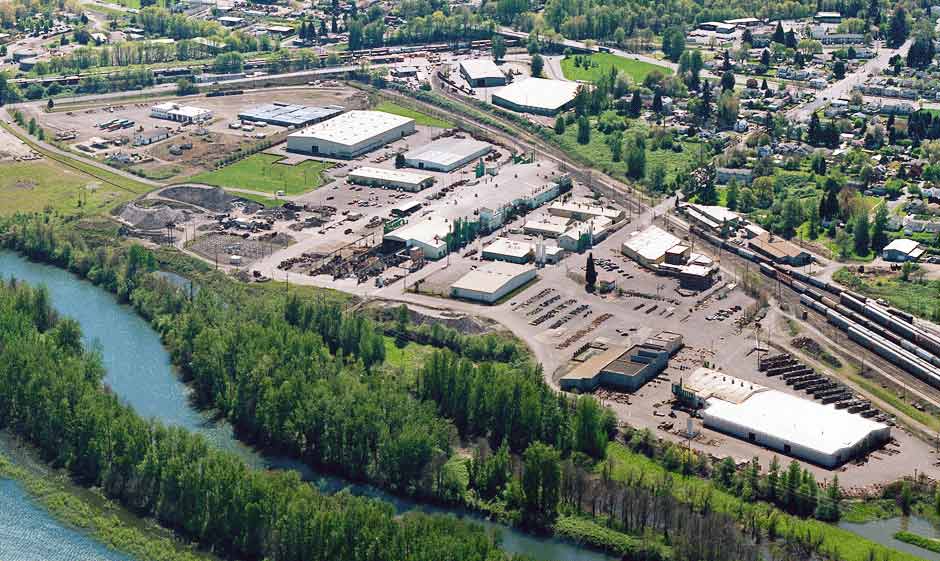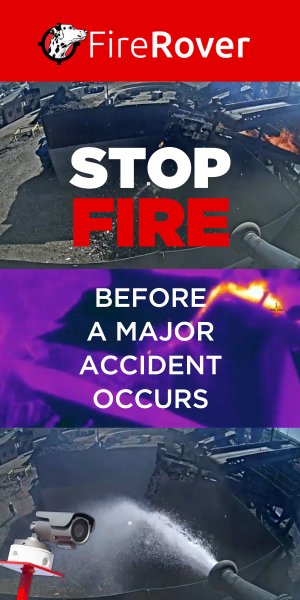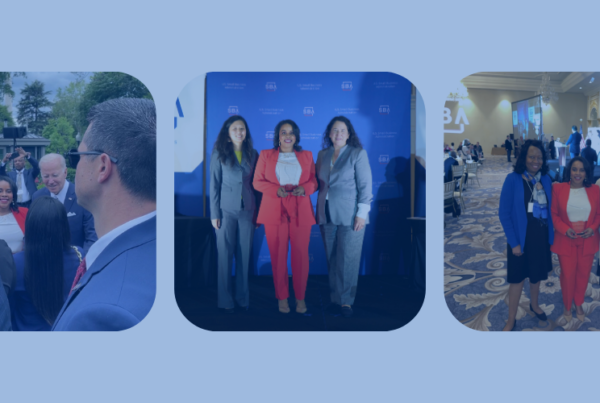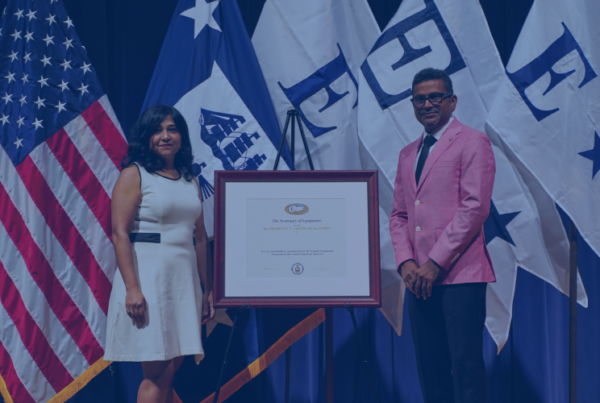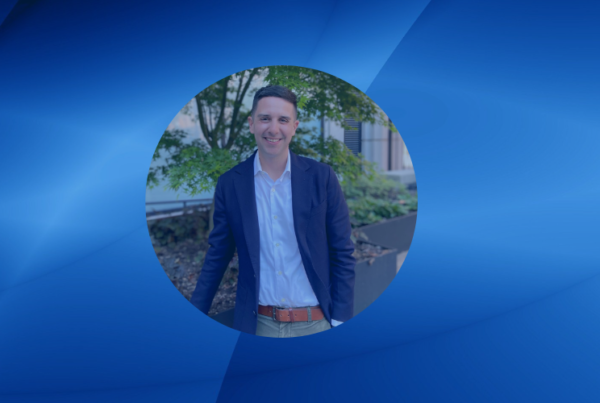This year, Columbia Steel Casting is celebrating its 120th anniversary. Since its founding in 1901, the family-owned company has evolved and endured various hardships. Martha Cox, president and CEO of Columbia Steel, spoke with Scrap News about the company’s roots and how it has managed to stay in business for so long.
What does 120 years say not only about the company, but also about your family and its determination to keep the business within the family?

The story begins with a maintenance employee who became president and owner of Columbia Steel and whose son eventually grew the business to reach customers across the U.S. and around the world. Three of my four sisters worked at Columbia Steel for some time—two of them even served on the board of directors. Although Columbia Steel started with one family, the story is much bigger than just one family. Surviving the Great Depression, a flood, a major fire (the old foundry was a wood-timbered building), and the unexpected death of my grandfather were due to the determination and dedication of many hardworking people.
How has the company evolved over the years?
Markets change. Columbia Steel’s focus broadened from serving the timber industry and gold dredges, to helping build Liberty ships during WWII, to aggregate plants as the Interstate Highway System was being built, to the growing shredder market and surface coal and phosphate mining. Materials and processes also change. It’s been important for Columbia Steel to expand from traditional Hadfield’s manganese to developing our own premium manganese, along with High-Strength Low-alloy (HSLA) steels. The common theme throughout the years has been building and selling our own catalogs of superior replacement parts designed and made in Portland, Ore.
You began working in Columbia Steel’s accounting and data processing departments while pursuing your master’s degree in finance. What drew you to the business?
There was an opening when I graduated from college for the bookkeeper/credit manager. My father, Bud Bird, who was president at the time, encouraged me to apply for the position. I wasn’t planning to stay at Columbia Steel long-term, but I was quickly hooked. From the beginning I was exposed to every aspect of the business—marketing, production, personnel, and finance. I’ve spent my career working with terrific people as we meet the challenges and complexities of manufacturing and seek to compete internationally while maintaining production in Portland. I can’t imagine doing anything else.
Can you tell me about your career trajectory, and how you assumed leadership of the company in 2012?
My career trajectory wasn’t far off from a lot of people at Columbia Steel. Most of our managers started in entry-level positions and worked up to more responsibility. I started in bookkeeping, became the IT Manager, then CFO, and eventually took over as President and CEO following my father’s retirement.
Columbia Steel puts a strong emphasis on education and promoting from within. My various roles in the company, learning from my father, and taking advantage of educational opportunities, such as getting involved in trade associations like ISRI, prepared me to take over the family business.
What did you learn from your father while he was company president, and how have you applied those lessons in your time as president and CEO?
My father would always keep his door open to anyone who wanted a word. An honorable man, the Columbia guarantee of “fit, performance, and customer satisfaction” meant his word was his bond. This idea of “the buck stops here” was always present—he stressed the importance of being involved in every aspect of the operations to understand the implications of recommendations and decisions being made.
Bud’s philosophy was to hire good people and let them do their jobs. He wanted employees to have the responsibility and authority to get the job done. I’m trying to emulate that. I can’t make all the decisions; I just want to know what’s going on. I was always impressed by his remarkable ability to balance between leading from a high level and being detail-oriented. He followed the trade journals, was consistently in contact with our district managers about the economy and where it was going, all while keeping an eye on potential new markets. In his younger days, he would regularly walk the plant to observe production. He was 89 when he retired!
Last year, like many companies, you had to figure out how to operate in the midst of a global pandemic. How did you navigate such uncertainty to make sure the company stayed afloat?
We were glad to be considered an essential business during COVID-19 so we could keep operating, but we’ve had our share of challenges. Access to scrap shredders, cement plants, mines, and quarries have been restricted, though rules vary from state to state. International travel hasn’t been possible. With overseas competition so fierce, our best opportunity to sell value is to be in front of the customers.
We’ve adapted during the pandemic in two major ways. We’ve continued to focus on education. We provided training for our engineers and sales force on virtual communication tools so they could maintain contact with their customers, sharing product designs and enhancements. Our HR and safety personnel did an exceptional job maintaining an environment where people could safely continue working. They kept up with the CDC, state, and county health guidance. Distance is less of a problem in the foundry and machine shop as people are generally spread out and many already were wearing masks or respirators. But we juggled shifts and break times to avoid overcrowding and supervisors would sanitize public spaces.
Overall, we have adapted very well to the changes from COVID-19. I’m pleased we have had no internal spread, showing we have effective protocols in place.
How long have you been an ISRI member? Do you have any fond memories of the association?
Columbia Steel has been an ISRI member for 35 years. My first convention/trade show was April 2013 in Vancouver, B.C., shortly after becoming president. Our district managers and product engineers have long enjoyed attending to catch up with customers and discuss important industry topics.
What do you want to accomplish in the next year, five years, and beyond?
I want to see further refinement in the materials we produce to withstand the demand made by bigger and more powerful equipment, whether scrap shredders or large rock crushers in the metallic mining industry. As some markets are lost to overseas competition, we’ll look toward developing additional markets that require cast replacement wear parts. We can use our expertise in materials and design to expand into other industries we’re not currently serving. We see a need to develop stronger relationships with organizations that can help fill our pipeline for skilled workers. It’s been challenging to find enough skilled workers and workers that we can then train, but it’s necessary to secure our future.

